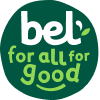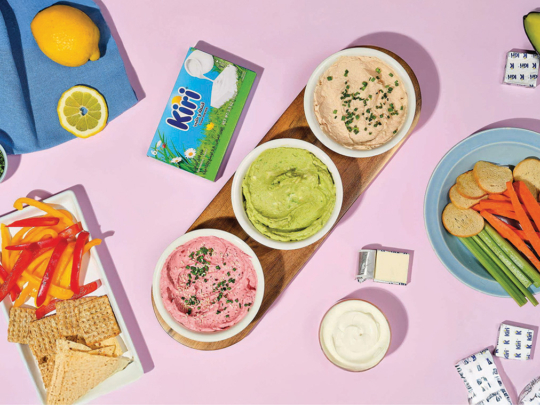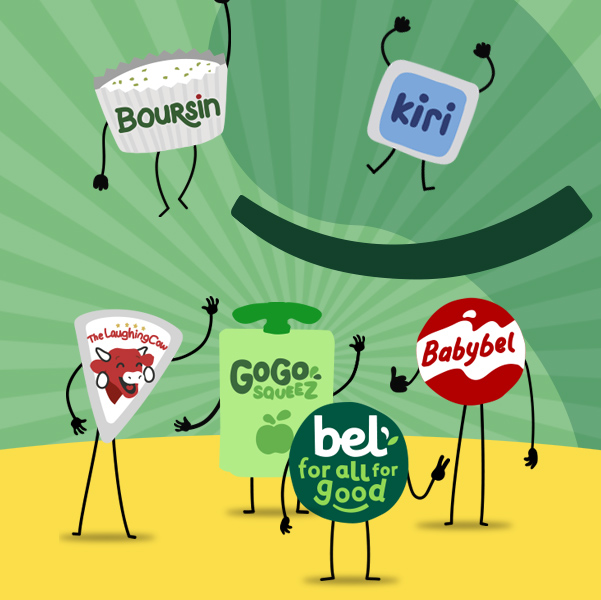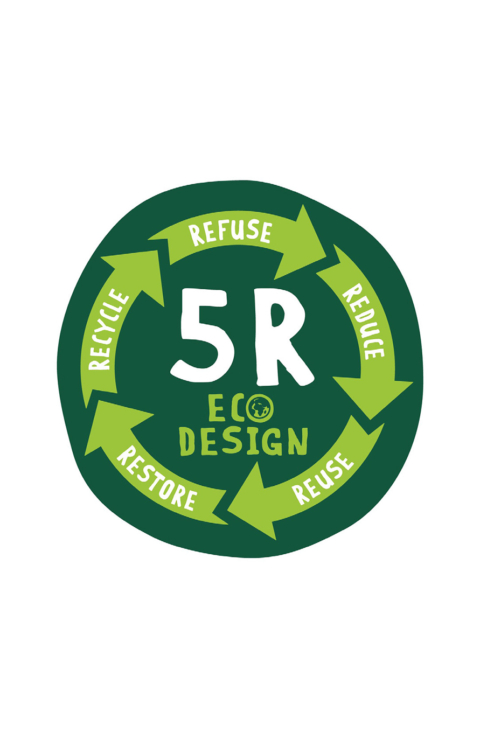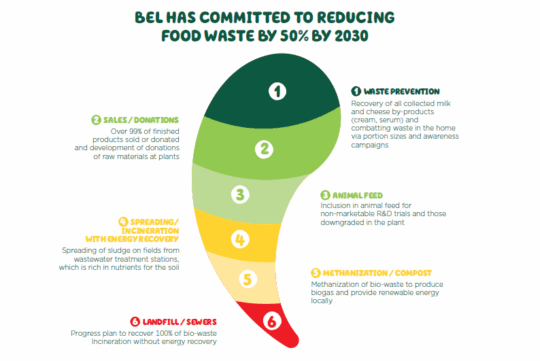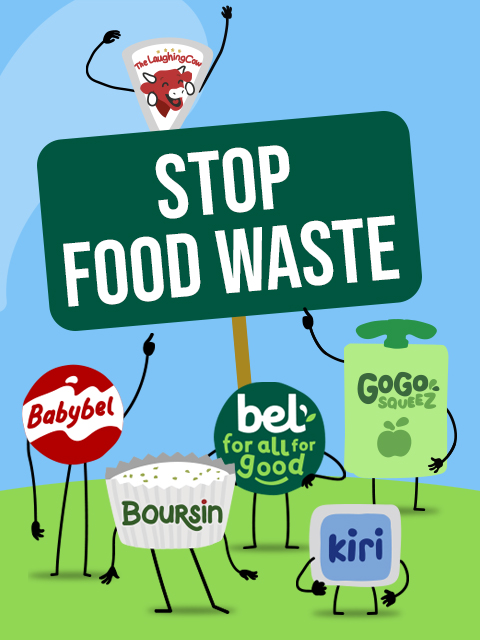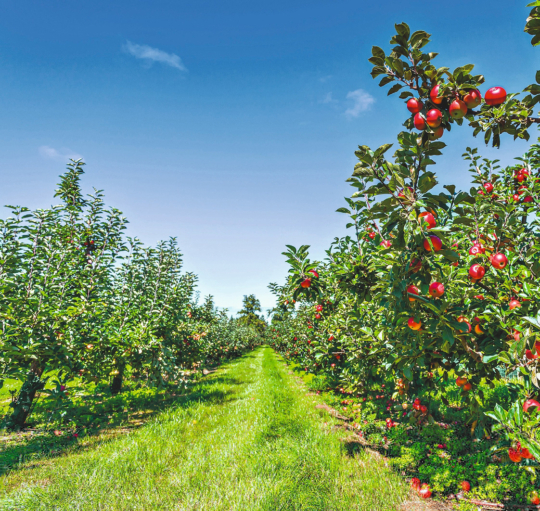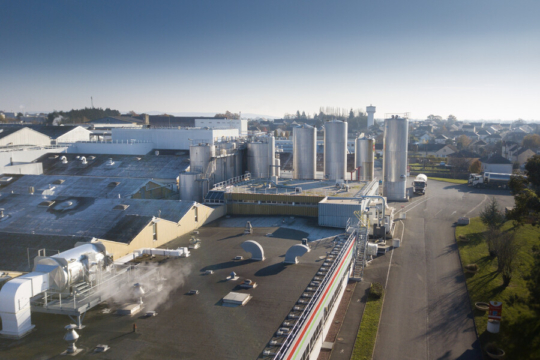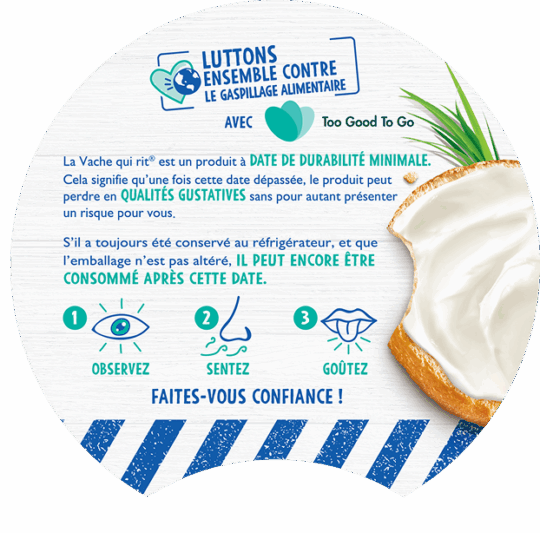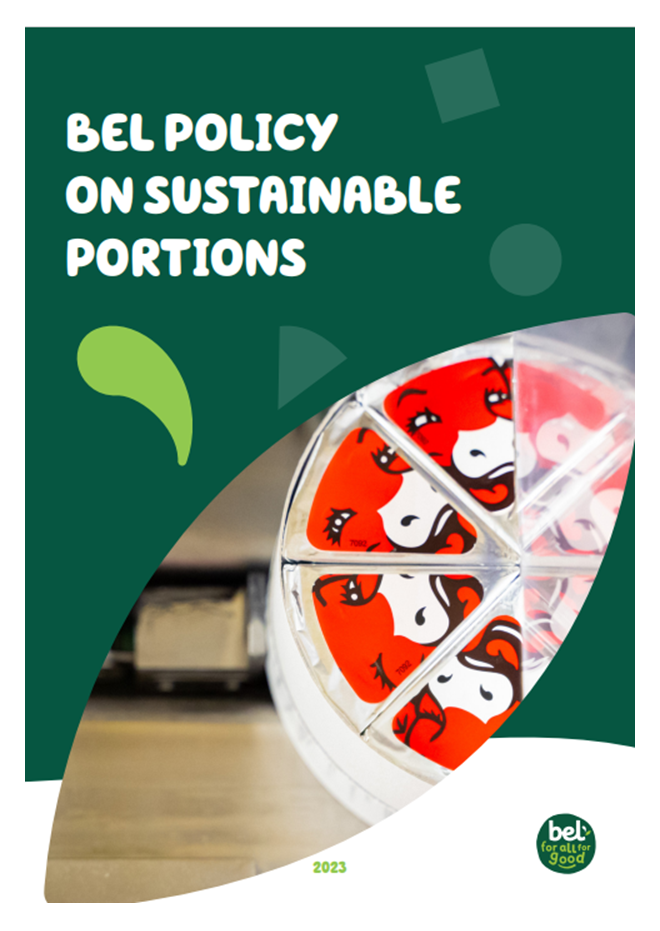Our commitments
Sustainable Snacking: Consume Better, Waste Less, For a Healthier Boost
THE PORTION, BEL’S SIGNATURE
The individual portion is at the heart of our model and supports our mission: to offer healthier and more sustainable food for all. It also brings with it the responsibility of implementing a circular and eco-design approach, a strategy that is crucial for meeting current environmental and societal demands. Our goal? To achieve the sustainable portion, both a public health priority and a key lever for reducing environmental impact.
- The portion limits overconsumption by providing the precise portion tailored to nutritional needs.
- It offers a practical, fun, and easily portable format.
- It makes our products accessible to the widest possible audience.
- It helps reduce food waste compared to family-sized packaging where leftovers can easily go to waste.
- The individual portion ensures food quality and safety through its hermetic seal.
ACTIVELY CONTRIBUTING TO A CIRCULAR ECONOMY
From sourcing to the end of the product life cycle, our goal is to actively contribute to a circular economy by eliminating waste, keeping materials in use, and regenerating natural ecosystems.
We organize our commitments according to the 5Rs, aligned with the Ellen MacArthur Foundation’s butterfly diagram, which illustrates the continuous flow of materials in a circular economy: Refuse – Reduce – Reuse – Restore – Recycle.
THE SUSTAINABLE PORTION IN 5Rs
REFUSE UNNECESSARY ELEMENTS AND WASTE
Embrace simplicity by avoiding unnecessary packaging and reducing food waste.
REDUCE MATERIAL USE AND FOOD LOSS
Limit our environmental impact through eco-design, production optimization, and individual portions that minimize waste.
REUSE PACKAGING AND REDIRECT WASTE
Promote reusable, refillable, or bulk packaging, and redirect our food losses towards food aid or animal feed.
RESTORE RESOURCES
Preserve resources (land, water, energy) through the choice of renewable, recycled, or certified materials, while actively combating food waste.
RECYCLE PACKAGING AND BY-PRODUCTS
FIGHTING FOOD WASTE
40% of the food produced worldwide is never consumed, generating 10% of greenhouse gas emissions on its own. This is an unacceptable paradox when 1 in 9 people suffer from malnutrition.
Our goal: zero destruction of edible products and 100% valorization of food waste.
Our approach is based on 5 levers:
- Prevention: valorizing 100% of collected milk, portion-sized formats, and anti-waste campaigns.
- Donations and sales: over 99% of finished products sold or donated, with raw materials donated at the factory.
- Animal feed: reuse of non-marketable products.
- Methanization & composting: converting organic waste into renewable energy.
- Spreading & incineration with energy recovery: agricultural valorization of residues.
A progress plan is underway to valorize 100% of our organic waste and continue innovating toward an increasingly responsible model.
